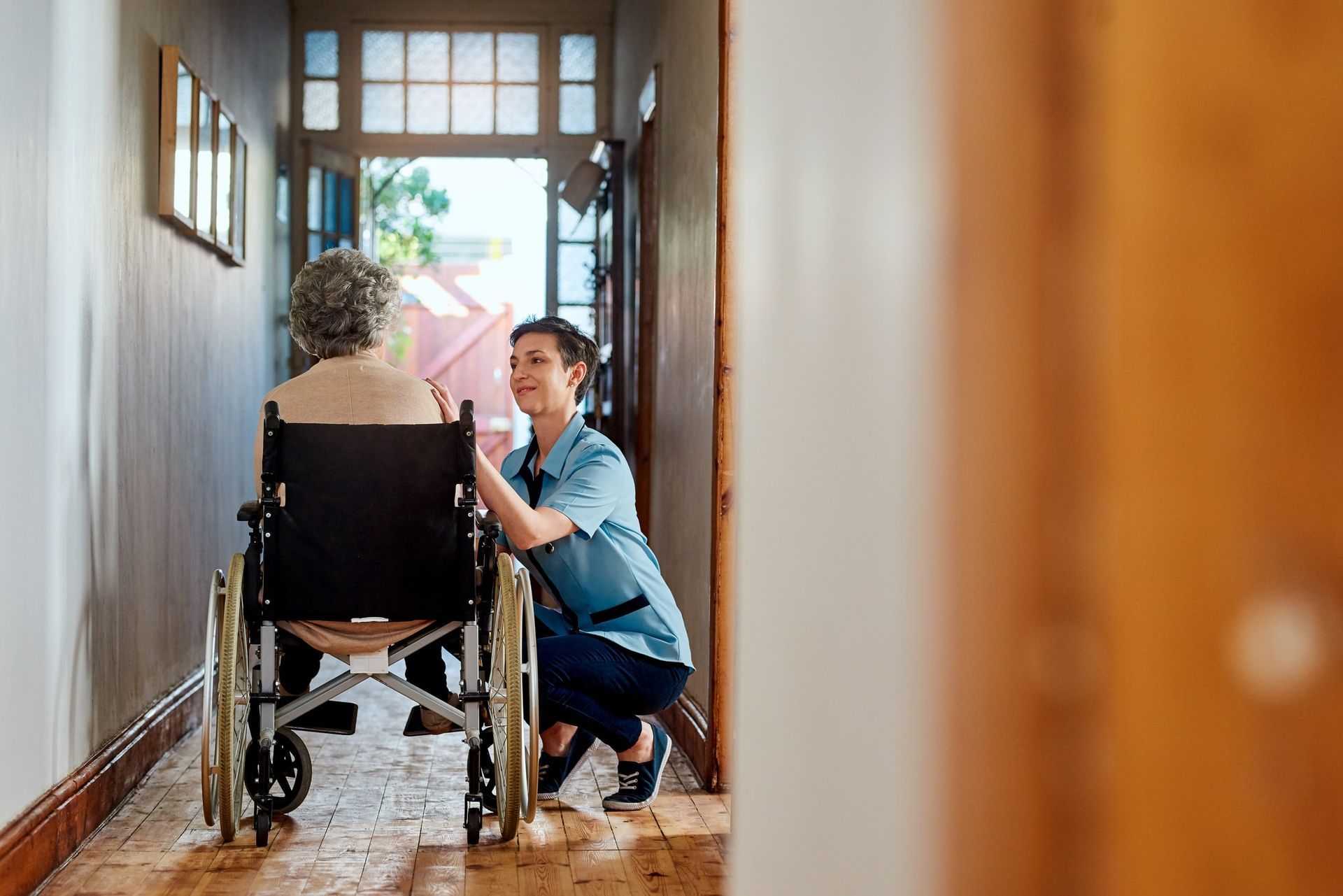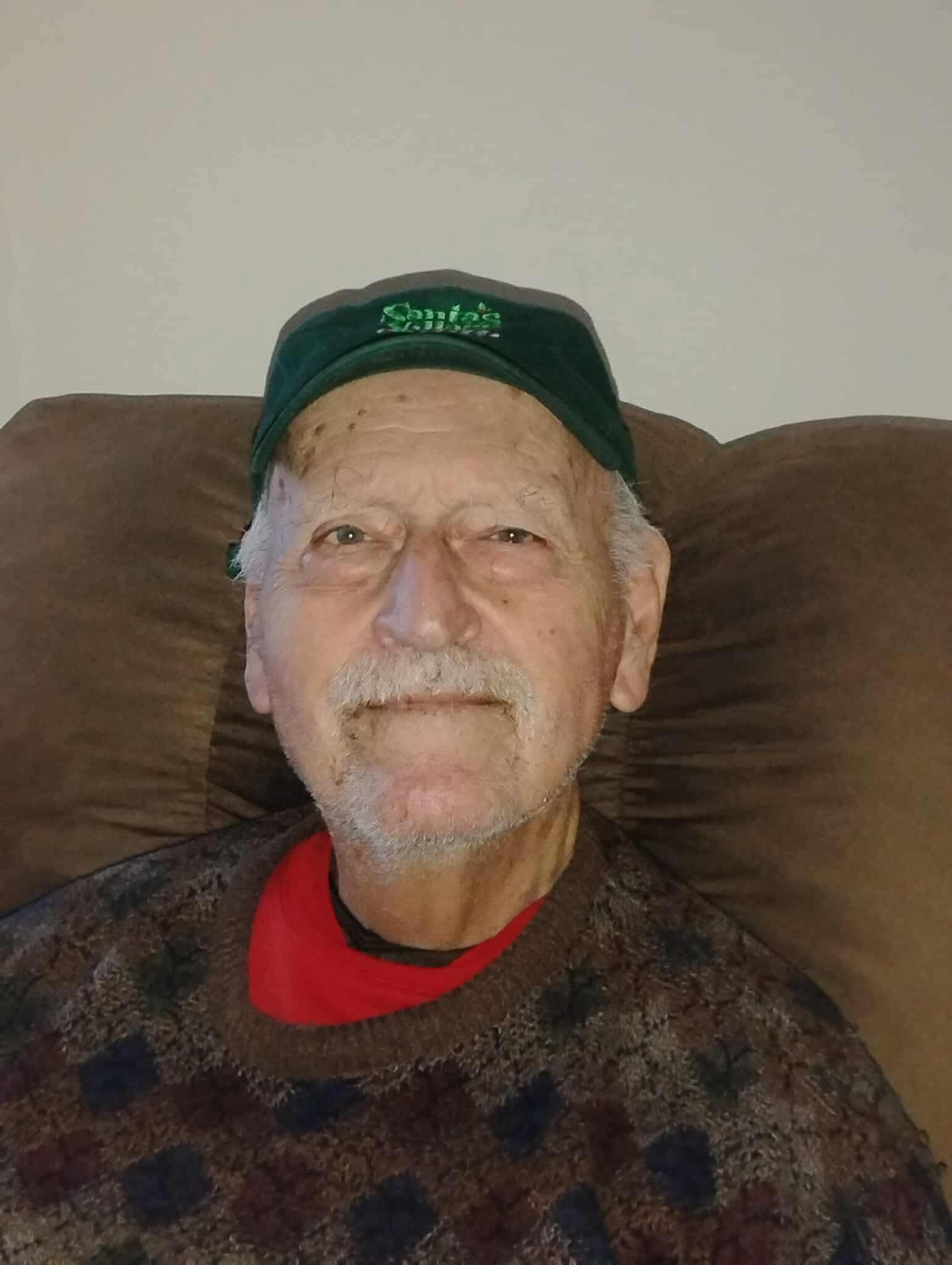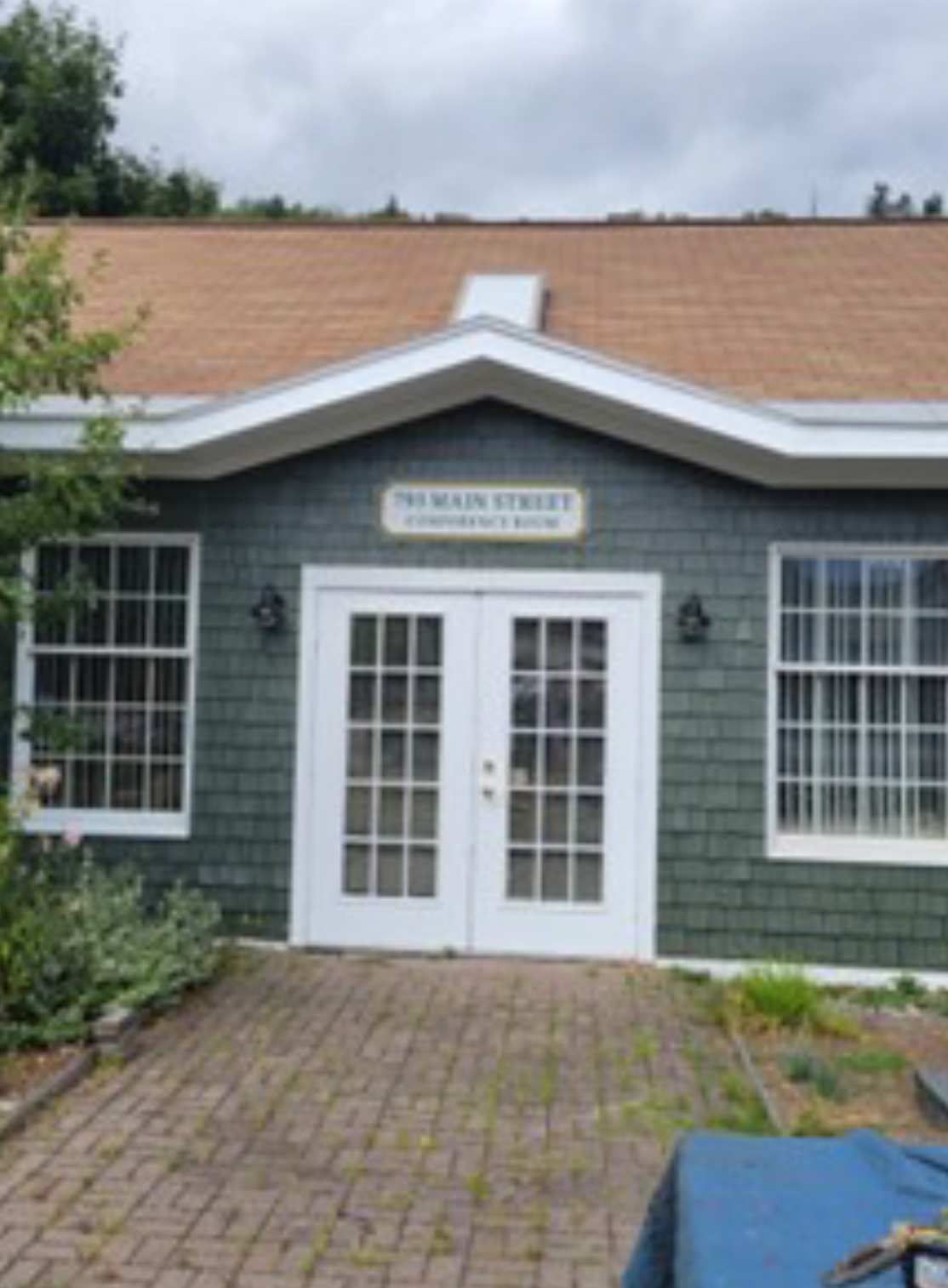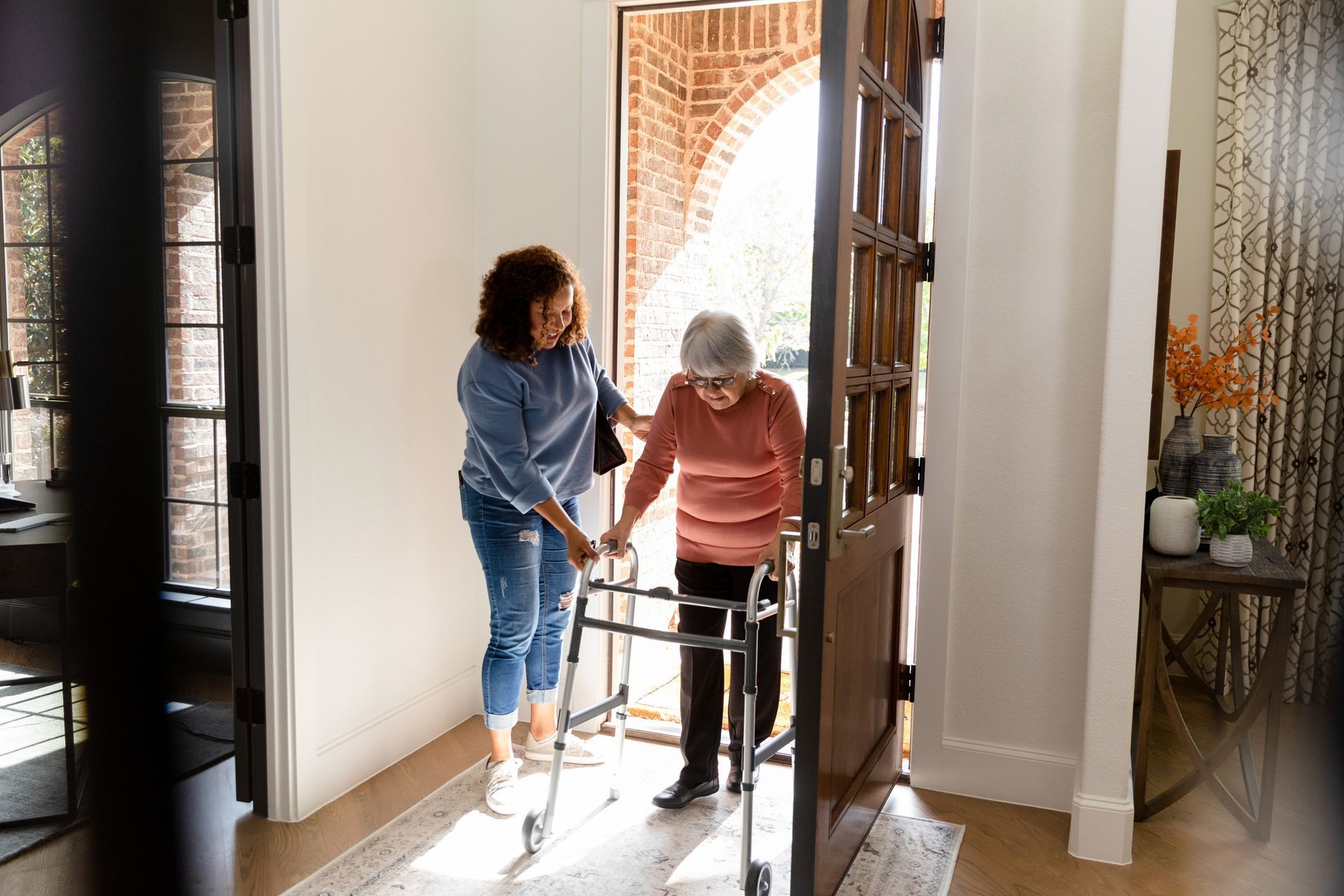Complete Guide to Home Assisted Care: Services, Benefits, and Choosing the Right Provider
Home assisted care provides essential support that enables seniors, individuals with chronic conditions, and those recovering from medical procedures to maintain their independence while receiving professional care in the comfort of their own homes. This comprehensive approach to health care delivery has transformed how families approach aging and illness management, offering a viable alternative to institutional care settings.
What Is Home Assisted Care and Who Benefits
Home assisted care encompasses a broad spectrum of services designed to support individuals in their homes rather than requiring relocation to assisted living facilities or nursing homes. This significant step toward maintaining independence involves professional caregivers, registered nurses, and specialized care providers working together to address specific needs while preserving dignity and familiar surroundings.
The primary beneficiaries include seniors who experience challenges with daily activities, individuals managing serious illness, patients recovering from surgery, and those living with chronic conditions like Alzheimer’s disease. Families often discover that home care services provide better outcomes for their aging loved ones compared to institutional settings, with studies showing improved mental health, faster recovery times, and enhanced quality of life.
Statistics demonstrate the growing preference for aging in place, with over 90% of seniors expressing desire to remain in their homes as they age. This trend has driven significant growth in the home health care industry, making professional home care an increasingly accessible option for families across diverse communities. The personalized nature of home care allows care providers to create individualized plans that respect each person’s unique circumstances and health requirements.

Comprehensive Home Assisted Care Services Available
Modern home health services encompass both medical and non-medical support designed to address the full spectrum of client needs. Personal care assistance forms the foundation of many home care plans, including help with bathing, dressing, grooming, and mobility support that enables clients to maintain their personal hygiene and appearance with dignity.
Skilled nursing services represent the medical component of home health care, delivered by licensed professionals including registered nurses and nurse practitioners. These services cover wound care, medication management, health monitoring, and coordination with physicians to ensure comprehensive medical oversight. Physical therapy services can also be provided in the home setting, particularly beneficial for patients recovering from surgery or managing mobility challenges.
Homemaking services extend beyond personal care to include meal preparation, light housekeeping, laundry assistance, and shopping support. These services prove crucial for maintaining a safe, clean living environment while reducing the burden on family caregivers. The dedicated approach to homemaking ensures that clients can continue living comfortably in their familiar surroundings.
Companion care addresses the social and emotional aspects of aging and illness, providing conversation, social interaction, and activity engagement that combat isolation and loneliness. Professional caregivers trained in companionship understand the importance of emotional support in overall health outcomes, creating meaningful connections that enhance daily life experience.
Quality Standards and Credentials to Look For
Choosing the right care provider requires understanding the essential credentials and quality standards that distinguish excellent agencies from substandard ones. State licensing requirements and Medicare certification represent fundamental baseline qualifications that ensure agencies meet regulatory standards for safety and service delivery.
Professional qualifications of individual caregivers prove equally crucial, with Certified Nursing Assistants (CNAs), Licensed Practical Nurses (LPNs), and Registered Nurses (RNs) bringing different levels of medical expertise to home care teams. Agencies should proudly display their staff credentials and provide clear information about each caregiver’s training and experience caring for specific conditions.
Agency accreditations from respected organizations like the Joint Commission and Community Health Accreditation Program (CHAP) demonstrate commitment to excellence and continuous improvement. These voluntary certifications require agencies to meet rigorous standards for patient safety, care quality, and operational procedures that exceed basic licensing requirements.
Background checks, bonding, and comprehensive insurance protection provide essential safeguards for clients and families. Reputable agencies conduct thorough screening of all employees and carry liability insurance that protects clients from potential risks associated with in-home care services.
Managing Alzheimer’s and Dementia at Home
Caring for individuals with Alzheimer’s disease or other forms of dementia requires specialized training and expertise that goes beyond general home care services. Professional caregivers must understand behavioral management techniques, safety protocols, and communication strategies specific to cognitive impairment challenges.
Creating a safe home environment becomes crucial when managing dementia, requiring modifications such as securing potentially dangerous items, installing safety locks, and removing tripping hazards. Families often need guidance from experienced care providers to identify and address safety concerns that may not be obvious to those without dementia care experience.
Structured routines and consistency prove essential for individuals with cognitive impairment, helping to reduce confusion and anxiety. Professional caregivers trained in dementia care understand how to create predictable schedules while remaining flexible enough to accommodate challenging behaviors and sundown syndrome effects that often accompany these conditions.
Family caregiver support becomes particularly important when dealing with Alzheimer’s or dementia, as the emotional and physical demands can quickly lead to burnout. Professional home care services can provide respite for family members while ensuring consistent, quality care for their loved ones.
Post-Surgical Recovery and Rehabilitation Support
Recovery from surgery often requires specialized care that hospitals can no longer provide due to shortened stays and early discharge policies. Home health care services bridge this gap by bringing professional medical support directly to patients’ homes, enabling safer transitions from hospital to home environment.
Physical therapy and occupational therapy services delivered in the home setting often prove more effective than clinic-based treatment, allowing therapists to work with patients in their actual living environment. This approach enables therapists to identify and address real-world challenges that patients face in their daily routines.
Wound care management and infection prevention protocols require skilled nursing oversight, particularly for surgical sites or chronic wounds. Registered nurses trained in wound care can monitor healing progress, change dressings properly, and identify potential complications before they become serious problems requiring hospital readmission.
Coordination with physicians and hospital discharge planning teams ensures continuity of care and prevents gaps in treatment that could compromise recovery. Professional home health agencies maintain communication systems that keep all members of the health care team informed about patient progress and changing needs.

Understanding Costs and Insurance Coverage Options
Navigating the financial aspects of home care requires understanding various payment sources and coverage limitations that affect access to services. Medicare Part A and Part B provide coverage for skilled home health services when specific criteria are met, including homebound status and physician orders for medically necessary care.
Medicaid waiver programs offer additional coverage options for eligible individuals, particularly those with limited financial resources who might otherwise require institutional care. These state-specific programs vary significantly in coverage and eligibility requirements, making it crucial to research local options and application processes.
Private insurance policies and long-term care insurance benefits may provide coverage for both medical and non-medical home care services, though coverage varies significantly between policies. Families should carefully review their insurance benefits and work with agencies that can help navigate the approval process for covered services.
Out-of-pocket costs for home care services vary significantly based on geographic location, level of care required, and service frequency. Understanding average hourly rates in your community helps families budget appropriately and compare costs between different care providers and agencies.
How to Find and Evaluate Home Care Providers
The process of selecting a home care agency requires careful research and evaluation to ensure quality services that meet specific client needs. Medicare.gov’s Home Health Compare tool provides valuable information about certified agencies, including quality ratings, services offered, and patient satisfaction scores that help families make informed decisions.
Initial consultations and care assessments provide opportunities to evaluate potential providers directly, asking crucial questions about staff qualifications, service availability, emergency procedures, and care plan development. These conversations reveal important information about agency responsiveness and commitment to client satisfaction.
Red flags to watch for include unlicensed providers, agencies unwilling to provide references, lack of clear pricing information, or pressure to sign contracts immediately. Reputable agencies welcome questions, provide detailed information about their services, and allow time for families to make thoughtful decisions about care arrangements.
Care plan customization and regular reassessments demonstrate agency commitment to evolving client needs and changing health conditions. Quality providers understand that effective home care requires ongoing evaluation and adjustment to maintain optimal outcomes for clients and families.
Creating a Safe Home Environment
Home safety becomes paramount when professional caregivers begin providing services, requiring assessment and modification of living spaces to prevent accidents and support independent functioning. Fall prevention measures including grab bars, improved lighting, and clutter removal create safer navigation throughout the home.
Medication storage and organization systems prevent dangerous errors and ensure proper compliance with prescribed treatments. Professional caregivers can help establish systems that make medication management easier while maintaining safety protocols that prevent accidental overdoses or missed doses.
Emergency preparedness plans and communication systems provide peace of mind for families and enable quick response to urgent situations. This includes establishing procedures for medical emergencies, maintaining updated contact information, and ensuring caregivers understand when and how to seek emergency medical assistance.
Technology solutions like medical alert systems and monitoring devices enhance safety while supporting independence. These tools can provide 24-hour emergency response capability and allow family members to stay connected with their loved ones between caregiver visits.
Family Caregiver Support and Respite Care
Respite care services provide essential relief for family members who serve as primary caregivers, preventing burnout and enabling them to maintain their own health and well-being. Professional respite caregivers can provide care for hours, days, or weeks, allowing family caregivers time to rest, work, or attend to other responsibilities.
Support groups and educational resources help family members understand their loved one’s conditions and learn effective caregiving strategies. Many agencies offer family education programs that teach proper care techniques, safety protocols, and communication strategies that improve overall care quality.
Balancing family caregiving with professional home care services requires clear communication and coordination to avoid confusion or conflicts in care approaches. Successful care arrangements involve regular communication between family members and professional caregivers to ensure consistent, quality care.
Developing effective communication strategies between family and professional caregivers enhances care coordination and helps address concerns promptly. This includes establishing regular check-ins, maintaining care logs, and creating systems for sharing important health information and observations.

Making the Transition to Home Assisted Care
Recognizing the signs that indicate need for professional home care assistance helps families make timely decisions that prevent crises and support continued independence. These signs may include difficulty managing medications, increased falls or accidents, neglect of personal hygiene, or signs of social isolation and depression.
Transitioning from hospital or rehabilitation facility to home requires careful planning and coordination between discharge planners, home care agencies, and family members. This process involves arranging services, preparing the home environment, and ensuring all necessary equipment and supplies are available before the patient returns home.
Involving family members in care planning and decision-making ensures that care plans reflect the client’s preferences and values while addressing practical concerns about daily routines and family dynamics. Successful transitions require open conversation between all parties involved in the care arrangement.
Adjusting care plans as needs change over time demonstrates the flexibility that makes home care effective for long-term support. Quality agencies regularly reassess client needs and modify services accordingly, ensuring that care remains appropriate and effective as health conditions evolve.
The journey toward home assisted care represents a meaningful choice that honors individual preferences while providing professional support necessary for safety and well-being. This approach to care delivery enables families to maintain close connections while ensuring their loved ones receive quality assistance in familiar, comfortable surroundings.
For families considering home assisted care options, the process begins with honest conversation about needs, preferences, and expectations. Taking time to research providers, understand coverage options, and create appropriate safety modifications in the home sets the foundation for successful long-term care arrangements that enhance quality of life for everyone involved.
Contact Androscoggin Valley Home Care Services
If you have any questions or need more information about home assisted care services, don't hesitate to reach out to Androscoggin Valley Home Care Services. Our dedicated team is here to provide guidance, answer your concerns, and help you navigate the process of choosing the right care for your loved one. Whether you want to discuss specific needs, understand available options, or learn about insurance coverage, we are ready to assist you every step of the way. Contact us today to start the conversation and receive the support you deserve.










